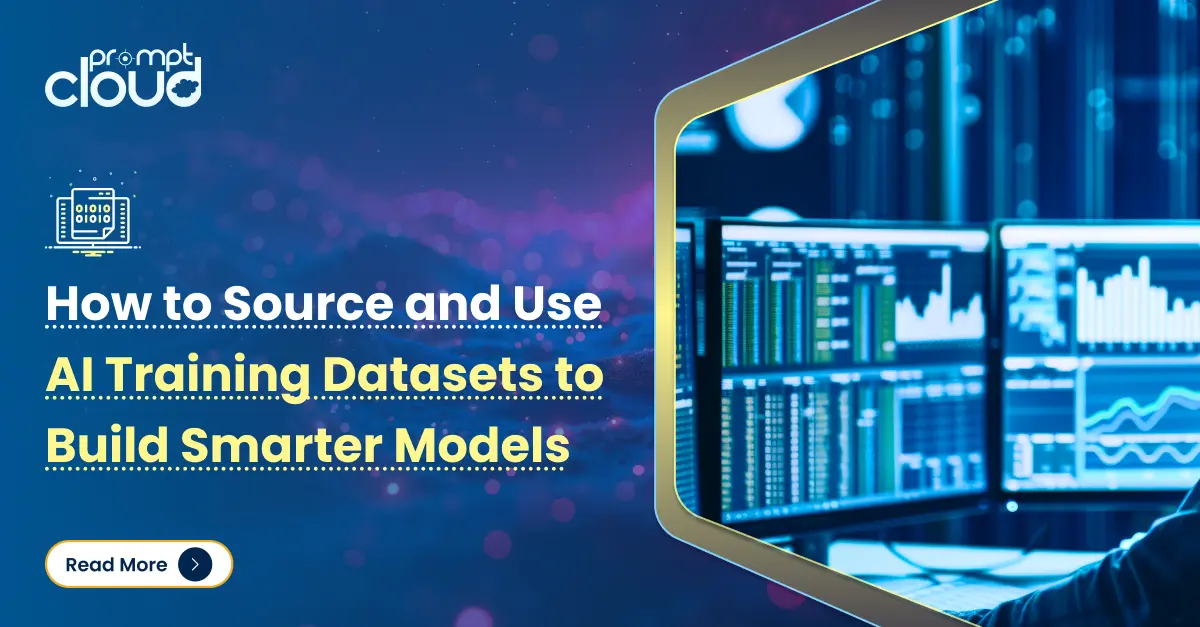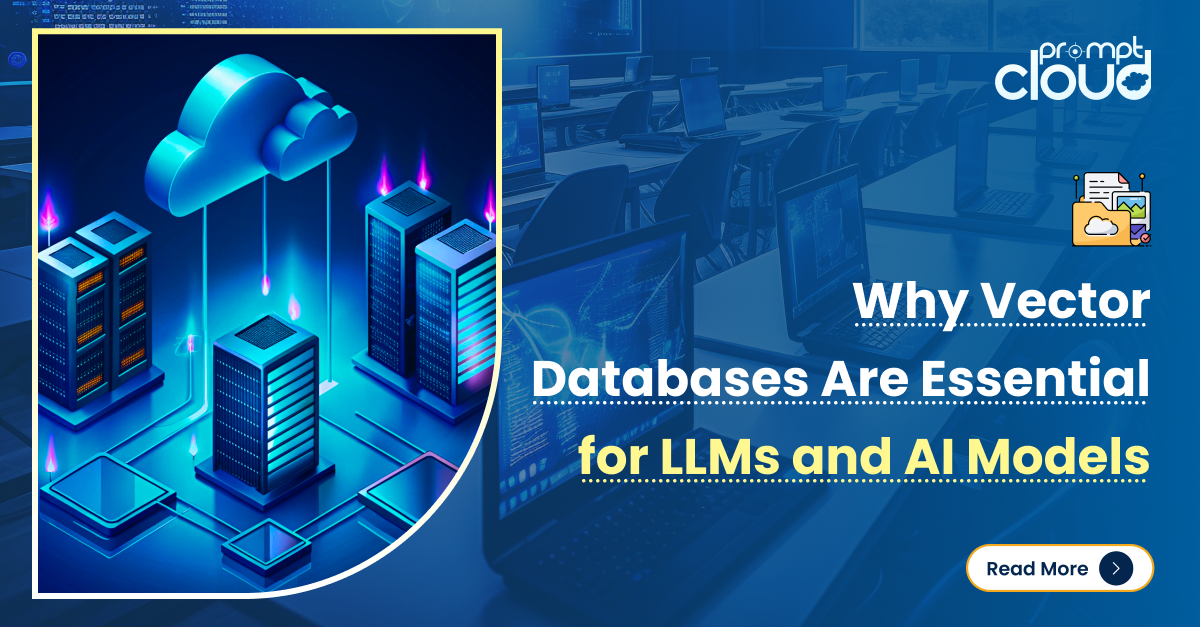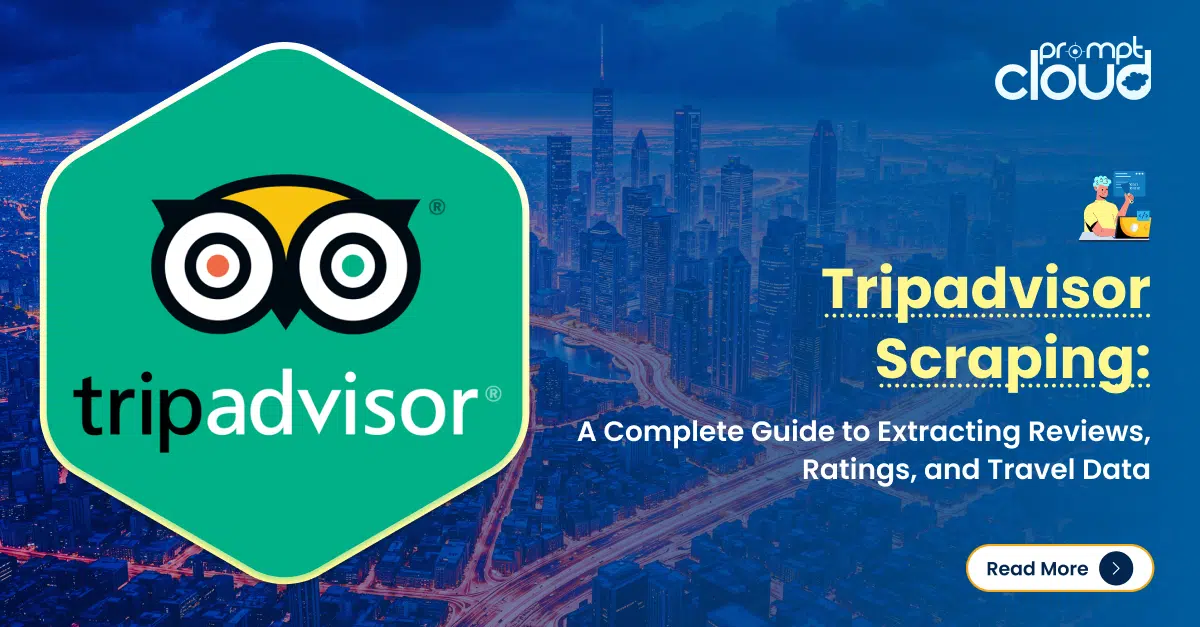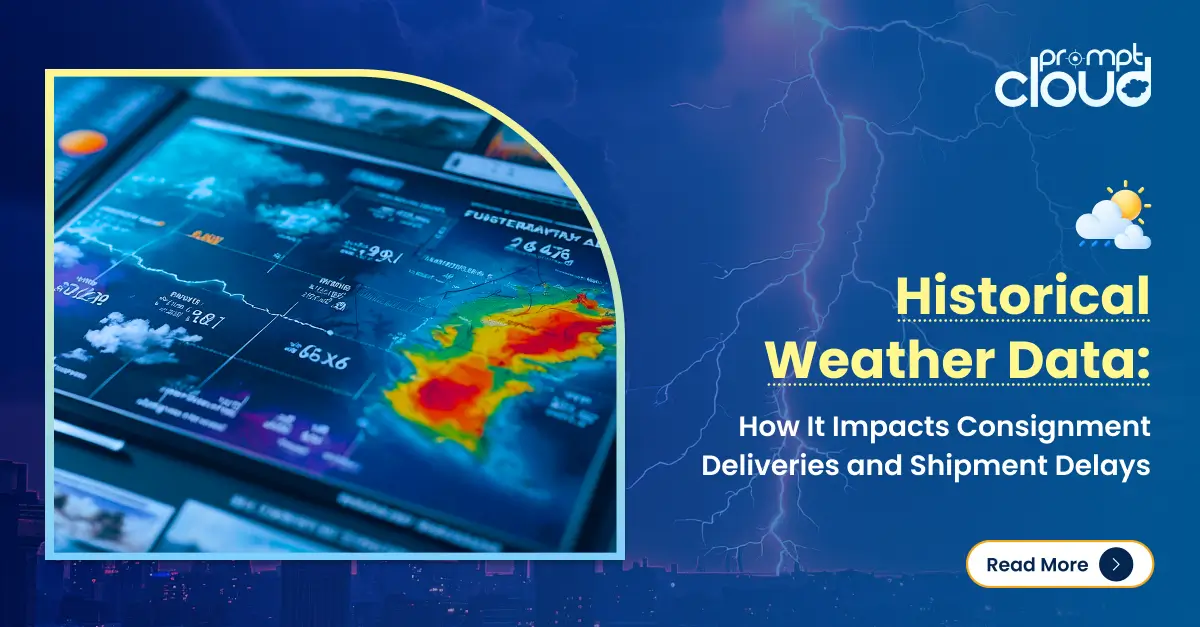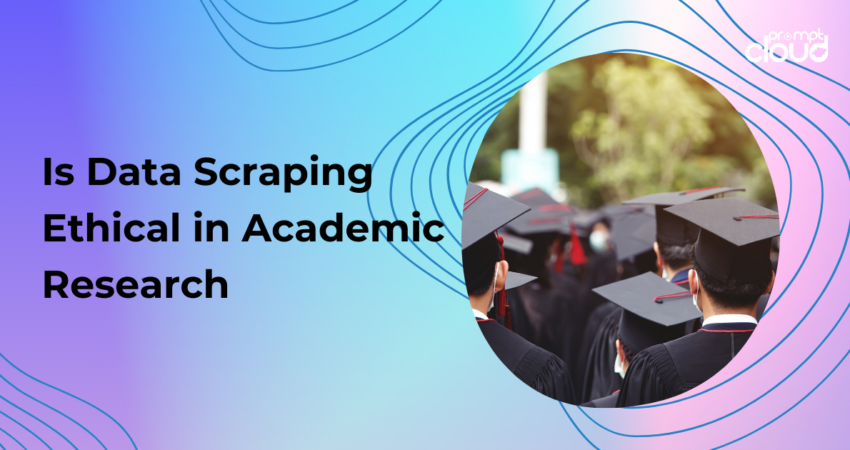
In the digital age, data scraping, often called web scraping, has become a widely used tool in various fields, including academic research. With the increasing availability of information online, researchers have discovered new opportunities to gather and analyze large datasets. However, the ethicality of data scraping remains a contentious topic, particularly when it comes to the academic world. Is data scraping truly an ethical practice in research, or does it cross the line of data privacy, ownership, and fair usage? Let’s dive into the debate.
Understanding Data Scraping in Academic Research
Before addressing the ethical questions, it’s important to understand what data scraping is and how it applies to research. In academic research, data scraping can provide valuable insights that would otherwise require significant time and resources to collect manually. For instance, a social scientist might scrape social media platforms to study trends, or a computer scientist may gather data from open-source repositories. It’s a powerful tool, but does the process align with ethical research standards?
Data scraping refers to the automated process of extracting information from websites or digital sources. Researchers use tools or programming languages like Python to systematically gather data for analysis.
The Ethical Dilemma: Is It Right or Wrong?
From a utilitarian perspective, data scraping can be justified if it benefits society as a whole. Researchers often aim to contribute to scientific progress, policy improvements, or public welfare. For instance:
- Advancing Knowledge: By scraping publicly available data, researchers can uncover valuable patterns and trends that might remain unnoticed. This can help in areas such as health, education, and technology.
- Cost-Effective and Efficient: Data scraping allows researchers to collect large datasets quickly and cost-effectively, making studies more accessible and inclusive.
- Transparency: Unlike private or proprietary data, public data is often perceived as “fair game,” provided it does not violate terms of service or compromise individuals’ privacy.
To many, if the data is already publicly accessible, collecting it for research purposes seems ethically sound—after all, the information is already out there, right?
The Ethical Challenges of Data Scraping
On the flip side, data scraping raises several ethical concerns:
- Privacy Violations: Just because data is publicly available doesn’t mean individuals consented to its collection for research. Scraping social media profiles, for example, may infringe on personal privacy.
- Website Terms of Service: Most websites include terms of service (ToS) agreements that prohibit automated data collection. Scraping such sites can violate these terms, making the practice legally questionable.
- Ownership and Copyright: Websites and digital content are often protected by copyright laws, even if the data is publicly visible. Researchers must consider the rights of content creators and platform owners.
- Data Misuse: Without proper ethical guidelines, scraped data could be misused or manipulated, leading to biased research outcomes or harm to individuals.
Balancing these factors is no easy feat. Researchers must tread carefully to ensure they’re respecting ethical and legal boundaries.
Ethical Guidelines for Data Scraping in Research
Given the gray areas surrounding data scraping, many institutions and ethics committees have started developing guidelines to ensure researchers adopt responsible practices. Here are some key considerations:
Respecting user privacy should always be a priority. Even if data is publicly available, researchers should consider whether individuals might reasonably expect their information to remain private. For instance, scraping publicly accessible social media posts without user consent can still be unethical. Researchers must thoroughly review a website’s terms of service before scraping any data. If scraping violates these terms, it could not only be unethical but also illegal. Some sites may provide APIs (Application Programming Interfaces) that allow for data collection in a more controlled and sanctioned manner. When using scraped data, researchers should anonymize any identifiable information to protect individuals’ privacy. This ensures that no harm comes to those whose data is being used. Academic researchers should be transparent about their methods, including how data was collected, scraped, and analyzed. Clear documentation allows for accountability and replicability while promoting ethical research practices.
Balancing Ethics, Innovation, and Impact
The ethical dilemma surrounding data scraping ultimately boils down to balancing innovation and impact with respect for privacy and ownership. When used responsibly, data scraping can fuel groundbreaking research, uncovering insights that benefit society. However, irresponsible practices can undermine trust in research and lead to ethical violations.
For example, consider a researcher studying online misinformation. By scraping social media platforms, they might identify harmful patterns that help combat fake news. However, if this data collection infringes on users’ privacy or violates a platform’s ToS, it risks ethical scrutiny. Researchers must carefully weigh the potential benefits against the ethical costs.
Real-World Case Studies of Data Scraping in Research
To better understand the practical implications, let’s examine two real-world scenarios:
Social scientists often scrape data from Twitter or Facebook to analyze public opinion, cultural trends, or political discourse. While these platforms provide APIs for data collection, scraping may bypass certain limitations, raising ethical concerns. Researchers must ensure they’re not violating user privacy or platform policies.
In a notable case, researchers scraped data from a website without permission, violating its ToS. The data contained sensitive information, leading to public backlash and the retraction of the study. This highlights the importance of following ethical and legal guidelines.
So, is data scraping ethical in academic research? The answer lies in how it’s conducted. Data scraping is not inherently unethical, but it becomes problematic when it violates privacy, ignores terms of service, or fails to protect individuals’ rights. Academic researchers have a responsibility to conduct their work ethically, ensuring that their methods align with legal guidelines and respect for human dignity.
Ultimately, ethical data scraping comes down to transparency, accountability, and the thoughtful balancing of societal benefits with individual rights. When researchers approach data scraping with integrity and care, it can serve as a powerful tool for knowledge and innovation. However, without these safeguards, the line between ethical and unethical can blur, jeopardizing the very foundations of academic trust and credibility.










